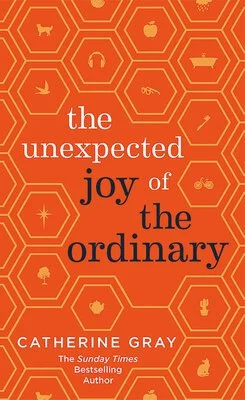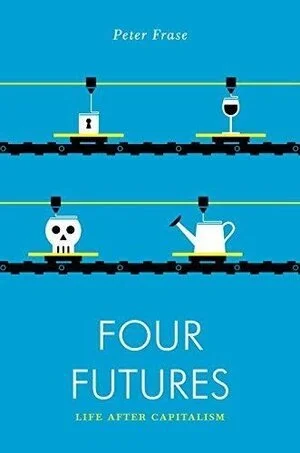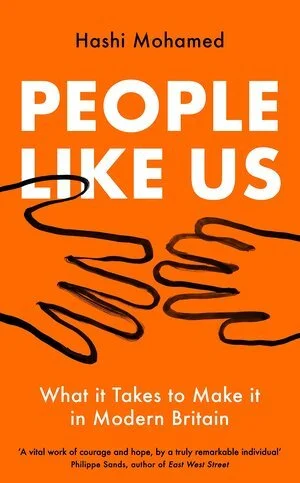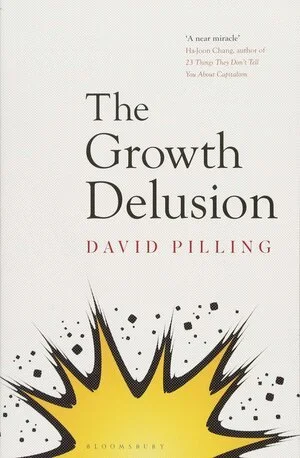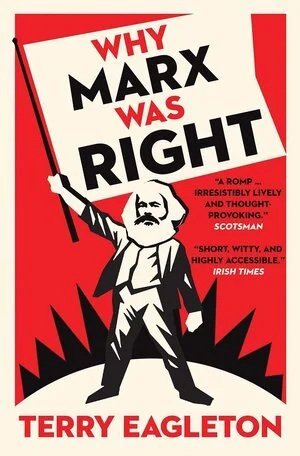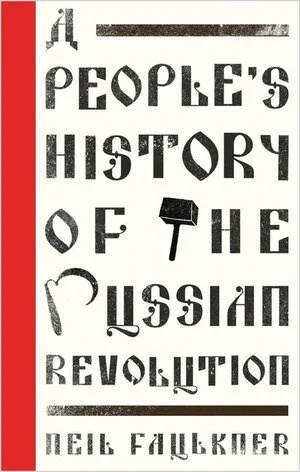What I read in 2020
All that’s happened in 2020 might have made it an excellent year for reading, but for me, it was also the year of modest expectations. I found my way back to reading this year by setting myself the target of finishing only ten books — any books — and enjoying them.
For the past couple of years, I’ve been leaning more towards non-fiction, which is unusual for me. But it’s been a good chance to add some variety to my reading diet.
Here are the ten books I read in 2020.
Normal People by Sally Rooney
The best-selling novel about the friendship of two teenagers and their evolving relationship as they grow up.
I have mixed feelings about this book. I can definitely say I liked it — it’s well-written, the characters are solid, and their relationship is interesting — but you also feel heavy and a tad miserable reading it.
The Unexpected Joy of the Ordinary by Catherine Gray
Just what it says on the cover: a book about all of the ordinary things in our lives from which we can draw real joy, instead of the constant (and often unhappy) chase after the extraordinary.
I picked up this book because I needed something easygoing and uplifting to power me through the height of the first COVID-19 lockdown. And it did just that. If you’re a person who already knows how to enjoy the little things in life, this book isn’t exactly gonna change your life. But it might give you some new energy, or offer a welcome distraction from the outside world.
Four Futures: Life After Capitalism by Peter Frase
This concise, marvelous book is one of the best things I’ve read in years. It explores the four possible futures we can expect from the current moment — a couple of them are bleak, one is slightly better, the fourth utopian. It all depends on the outcomes of two variables: climate change and automation, and what we need to do to influence those outcomes. I’d recommend this book to literally anyone.
People Like Us: What it Takes to Make it in Modern Britain by Hashi Mohamed
As a Muslim and socialist who’s been living in London for the past four years, I was eager to pick up this book on social mobility written by a British Muslim. It did not disappoint. Hashi Mohamed masterfully breaks down the hardships of communities of color in Britain and how upward mobility has taken a further hit over the past decades. I recommend this to anyone interested in understanding the workings of privilege and class, and the effects of our current economic system on people in poverty.
The Growth Delusion: Wealth, Poverty, and the Well-Being of Nations by David Pilling
I found this book to be especially relatable during these times when our measures of the performance of “the economy” are suffering due to the COVID-19 lockdown. It’s an easygoing, engaging read on how metrics like the GDP fail to measure the real productivity, let alone welfare, of societies.
Why Marx Was Right by Terry Eagleton
Terry Eagleton takes on critiques of Marxism and answers them one by one in excellent style. This is one of those books that you can use as ammunition when you feel like discussing the destructive impact of global capitalism at the next dinner party.
A People's History of the Russian Revolution by Neil Faulkner
I’m usually intimidated by history books, but this was definitely one of the most engaging and accessible history books I’ve read. An excellent account of the Russian revolution, written from a leftist perspective. As a “people’s history”, it focuses more on the collective movement behind the Russian revolution, and less on the prominent figures of the revolution and their personal motivations.
We Have No Idea: A Guide to the Unknown Universe by Jorge Cham, Daniel Whiteson, 苟利军 (Trn)
I love a good layman’s physics book. This book is unique in that it tells you about all the things we don’t know yet about the universe. It’s the laws of physics we haven’t discovered, the phenomena we haven’t been able to explain. And it turns out, that’s a LOT.
Don’t get intimidated by the science — this is definitely one of the most accessible books you can read on the subjects. And it’s funny. The jokes can be a bit much sometimes, but I think the topic requires it.
If you think we have any profound knowledge of how the universe works right now, you definitely need to read this book.
Freedom Is a Constant Struggle by Angela Y. Davis
One of the things I wanted to do this year was to learn more about Angela Davis. This book is a collection of some of her essays, interviews, and speeches, and covers a range of topics including feminism, race, and social struggle.
A Little History of Philosophy by Nigel Warburton
As someone who’s more than a little bit scared of both the words “history” and “philosophy”, it was extremely lucky that I picked up this book. This book is pretty much the perfect introduction to (western) philosophy for someone who’s never read on the subject. It’s short, engaging, easy to read, and transitions effortlessly from one philosophical school of thought to the next, without diving too deep into the details at any one point.

